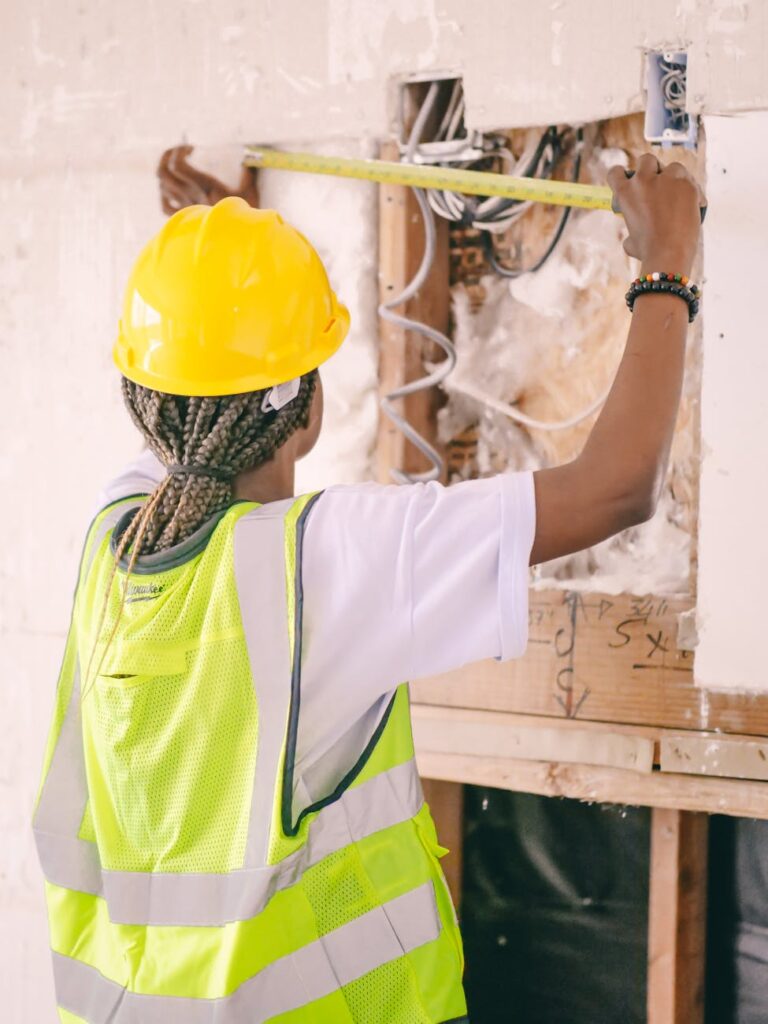Launching a project across borders is more than blueprints and bulldozers—it’s about understanding the ground you’re building on, both literally and politically. When politics shift, so does everything else: materials, manpower, money, and even the timeline. For any international construction company, keeping an eye on political climates is as important as tracking weather forecasts.
Reliable Supply Chains Need Political Consistency
In global construction, materials rarely come from one place. Steel might ship from Asia, while electrical components arrive from Europe. If a government suddenly changes policies or imposes restrictions, those shipments can be delayed—or worse, stopped altogether. Political stability helps supply chains stay smooth and dependable, so builders can stick to their schedules and budgets without chasing down missing inventory.
When a country enjoys long-term political consistency, suppliers and contractors have room to build strong networks. Ports operate without interruptions, customs procedures stay predictable, and transportation runs without roadblocks from protests or fuel shortages. But when political tides turn quickly, all of that can break down. Even a minor disruption can ripple across the entire project. For a global construction firm, working in politically stable environments can be the difference between finishing on time or months behind.
Securing Skilled Labor in Politically Volatile Regions
A steady workforce starts with a stable society. In areas where political unrest is common, it’s hard to keep skilled labor on-site. Workers may leave out of safety concerns or be pulled into social movements. Training programs may stall, and visa policies for foreign specialists can tighten without warning. All of this makes it tough for an international construction company to maintain momentum.
When political environments are calm, labor flows more freely. Local workers stay engaged, and international talent is easier to bring in. Training programs can run uninterrupted, and workforces grow stronger with time. Political stability also makes unions and labor agencies more reliable, helping to create better working conditions and long-term job security. For international projects, a strong, skilled crew is essential—and it’s far easier to keep them on board when the region isn’t facing political upheaval.
Building Trust in Markets Shaped by Political Stability
Trust plays a big role in winning international contracts. Investors and governments need to know that a construction company won’t just show up, but also deliver. Countries with stable governments offer a sense of security that encourages long-term partnerships. These regions make it easier for global construction firms to build local ties, sign contracts with confidence, and move forward without second-guessing every regulation.
In unpredictable regions, trust breaks down quickly. New leaders can rewrite rules overnight, revoke permits, or impose fresh taxes that throw off the entire plan. Projects get stuck in limbo, and partnerships start to crack. Political stability builds the foundation for mutual confidence—it sends a signal that deals will be honored and commitments will be kept. Without that, even the best-laid project plans can collapse under uncertainty.
Secure Investments Depend on Stable Governments
Funding a multi-million-dollar project overseas involves serious risk. Investors want assurance that their money won’t vanish because of regime change or sudden nationalization. When governments are stable, they offer financial policies that remain consistent, protect private interests, and support foreign investment. For a global construction company, that’s essential. It gives projects the financial backbone they need to move forward.
Volatile political climates, on the other hand, scare off capital. Lenders hesitate. Risk premiums go up. Even insurance becomes more expensive. That doesn’t just slow a project—it can stop it before it starts. Countries with solid political frameworks attract more funding, which means more projects get greenlit, and more jobs are created. The link between stable leadership and financial confidence can’t be overstated in international construction.
Infrastructure Projects Thrive in Predictable Environments
Large-scale infrastructure projects—bridges, highways, energy grids—don’t happen overnight. They take years, sometimes decades, and that kind of timeline only works in places where tomorrow looks like today. Political predictability helps planners set long-term goals without constantly adjusting for policy swings. That stability allows an international construction company to invest in advanced planning, better equipment, and lasting results.
In unpredictable regions, long projects face constant disruptions. Permits may be pulled, environmental laws might change, or government partners can be replaced with each election cycle. That uncertainty forces teams to build for the short term, which can compromise both quality and vision. Projects that thrive are the ones built in places where planning doesn’t feel like guesswork—where a five-year blueprint has the chance to reach year five.
How Diplomatic Tensions Shape Construction Partnerships
It’s not just about the country you’re building in—it’s also about who they get along with. Diplomatic tensions between nations can make or break an international partnership. Sanctions, trade restrictions, and political rivalries can all affect which companies are allowed to operate where. Even if a project has local approval, international conflicts can shut it down.
For global construction firms, staying alert to these tensions is critical. A solid relationship between governments can open doors, fast-track permits, and even provide funding support. But strained diplomacy can close borders, delay equipment, and strain collaborations. Understanding the ripple effects of foreign policy helps construction companies protect their interests and choose the right partners. In a world where politics and business are tightly intertwined, international construction success often depends on who’s shaking hands—and who isn’t.

